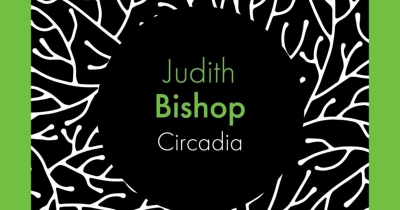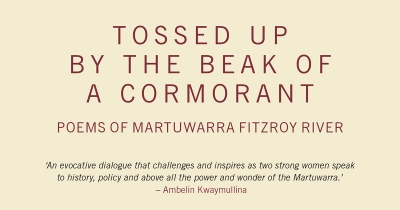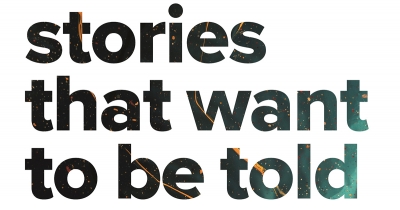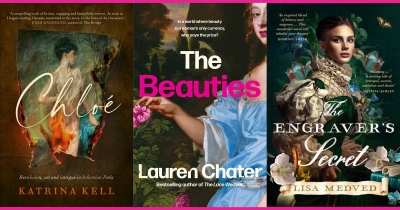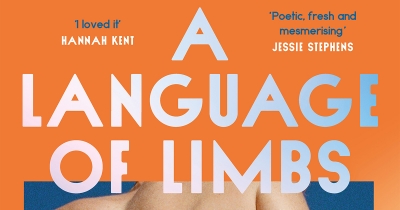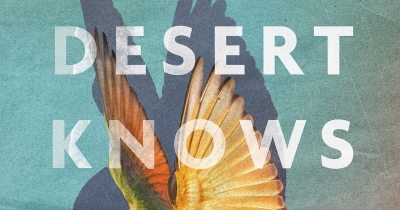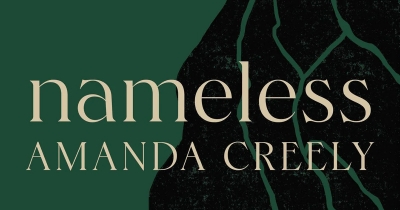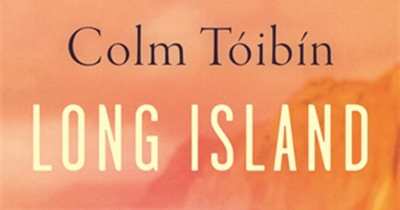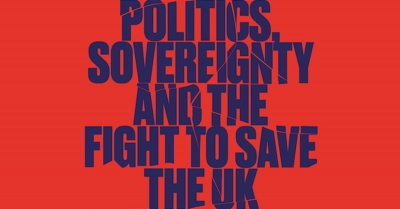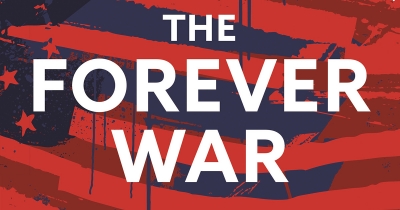Review
Tossed up by the Beak of a Cormorant by Nandi Chinna and Anne Poelina
by Robert Wood •
Stories That Want To Be Told: The Long Lede anthology by Arlie Alizzi et al.
by Theodore Ell •
The Engraver’s Secret by Lisa Medved & Chloé by Katrina Kell
by A. Frances Johnson •
Fractured Union: Politics, sovereignty and the fight to save the United Kingdom by Michael Kenny
by Ben Wellings •

